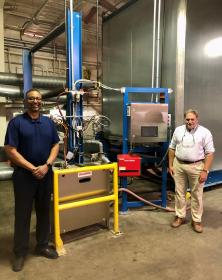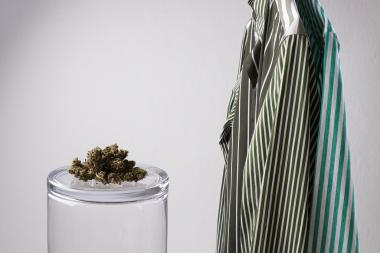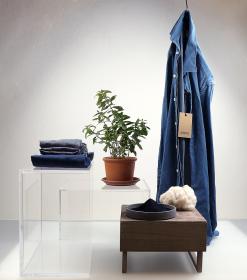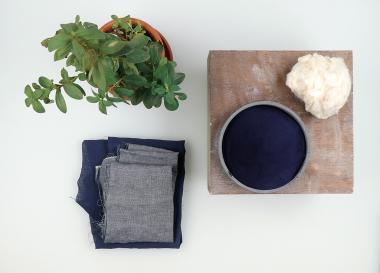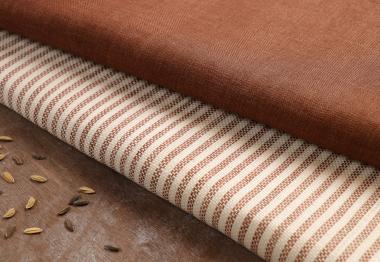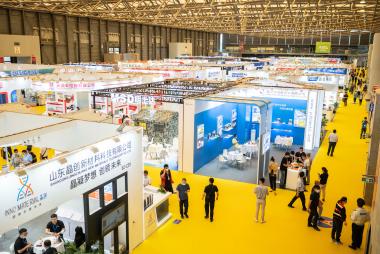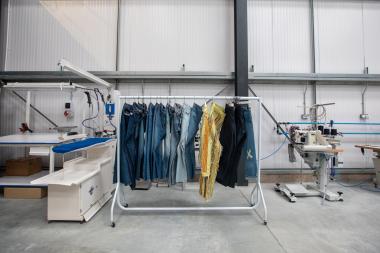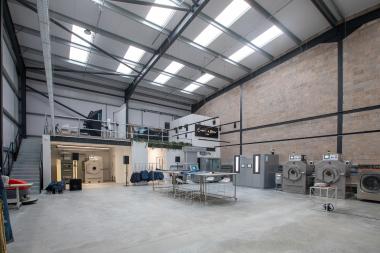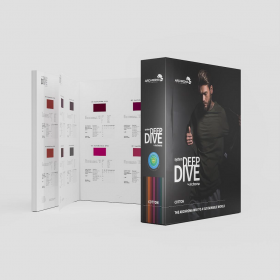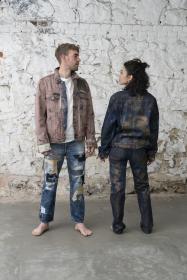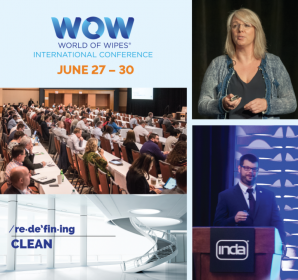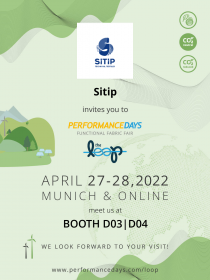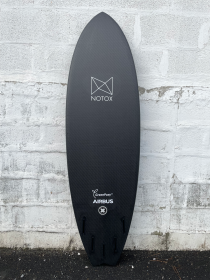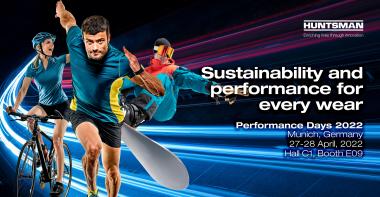Baldwin’s TexCoat G4 finishing system minimizes chemical and water waste
Baldwin Technology Company Inc. has announced the installation of its TexCoat G4 finishing system at Graniteville Specialty Fabrics, a recognized leader in the production of specialty coatings and coated fabrics. With Baldwin’s cost-efficient and highly sustainable spray finishing technology, Graniteville Specialty Fabrics has been able to increase production efficiency, and minimize chemical and water waste.
Based in Graniteville, South Carolina, Graniteville Specialty Fabrics produces coatings and coated fabrics that are resistant to water, fire, UV and weather for the military, marine and tent markets, and others. The company excels in developing and sourcing custom coatings, and creating specialized technical solutions to meet specific, and often unique, end-user requirements. The installation of Baldwin’s TexCoat G4 is part of a major facility upgrade to maximize production efficiency and capacity in the durable water-repellent finishing and coating line to meet growing customer demand for advanced engineered products.
With extensive sustainability benefits, unprecedented tracking and process control, and Industry 4.0 integration, the TexCoat G4 provides consistently high-quality fabric finishing, with no chemistry waste, as well as minimal water and energy consumption. This system utilizes non-contact precision-spray technology, ensuring precise finishing coverage with the exact amount of chemistry for reaching the optimal performance of the fabric. Changeovers (pad bath emptying, cleaning and refilling) are significantly reduced, resulting in substantial chemical conservation and increased productivity.
Baldwin Technology Company Inc. / Barry-Wehmiller


